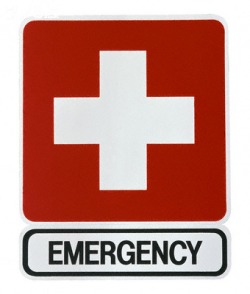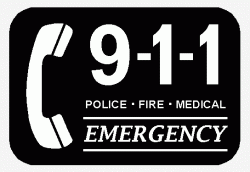- HOME PAGE
- WELCOME TO BMA
- HIPAA AND PRIVACY PRACTICES
- "MYCHART" health portal
- MOUNT AUBURN HOSPITAL
- After Hours Emergency Calls
- PCP, NP and PA Profiles
- Our Specialists and Specialty Services
- MT AUBURN DIABETES CENTER
- ABOUT OUR OFFICE
- Being Our Patient
- REFERRALS : online request form
- Patient LIBRARY
- Turning 65? MEDICARE explained
- Medicare Annual Wellness Visit
- FIVE WISHES AND HEALTHCARE PROXY
- Social Work Care Coordination
- Quality Care Measures
- MACIPA
- BULLETIN BOARD
- In Memoriam
- Job opportunities
After Hours
Emergency Calls
Before 8:30am Mon - Fri
12 noon to 1:00pm Mon - Fri
After 4:30pm Mon - Fri
Weekends: Fri after 4:30 - Mon before 8:30am
Public Holidays
- The office is staffed between 8:00 am - 5:00 pm Monday through Friday
- There is ALWAYS a physician on-call for EMERGENCY ADVICE after regular office hours daily.
- Calls are picked up by an answering service. Because they may be fielding many calls, please be patient and hang on until they pick up your call. Identify yourself as a patient of a BMA physician, give them a brief description of the medical problem and ask them to contact the on call physician.
- Please don't expect the on call physician to fill routine prescriptions or to obtain lab results. They do not have access to your record after normal office hours.
- Covering physicians CANNOT authorize prescriptions for narcotics (hydromorphone eg Dilaudid, oxycodone eg Percocet, hydrocodone eg Vicodin), as these, by law, require a written prescription by your own physician. They cannot be called in or faxed in. NO EXCEPTIONS.
- If you do expect a non-narcotic medication, for example an antibiotic, to be called in for you by a covering physician after regular hours please have your pharmacy number readily available and be certain that the pharmacy is open. In addition, make it known whether you have any drug allergies.
When Should You Go Directly To The Emergency Room?
What are life-threatening or serious-injury emergencies?
Life at risk:
1. you have difficulty breathing or can't catch your breath
2. you are having chest pain
3. choking
4. bleeding heavily and can't stop it
5. suddenly unable to move or speak
6. losing consciousness or fainting
7. having a seizure
8. in a lot of pain especially if it is of sudden onset
9. having symptoms of being poisoned
Danger of permanent injury:
1. been deeply cut or severely burned
2. been attacked by an animal or another person
3. broken bones



